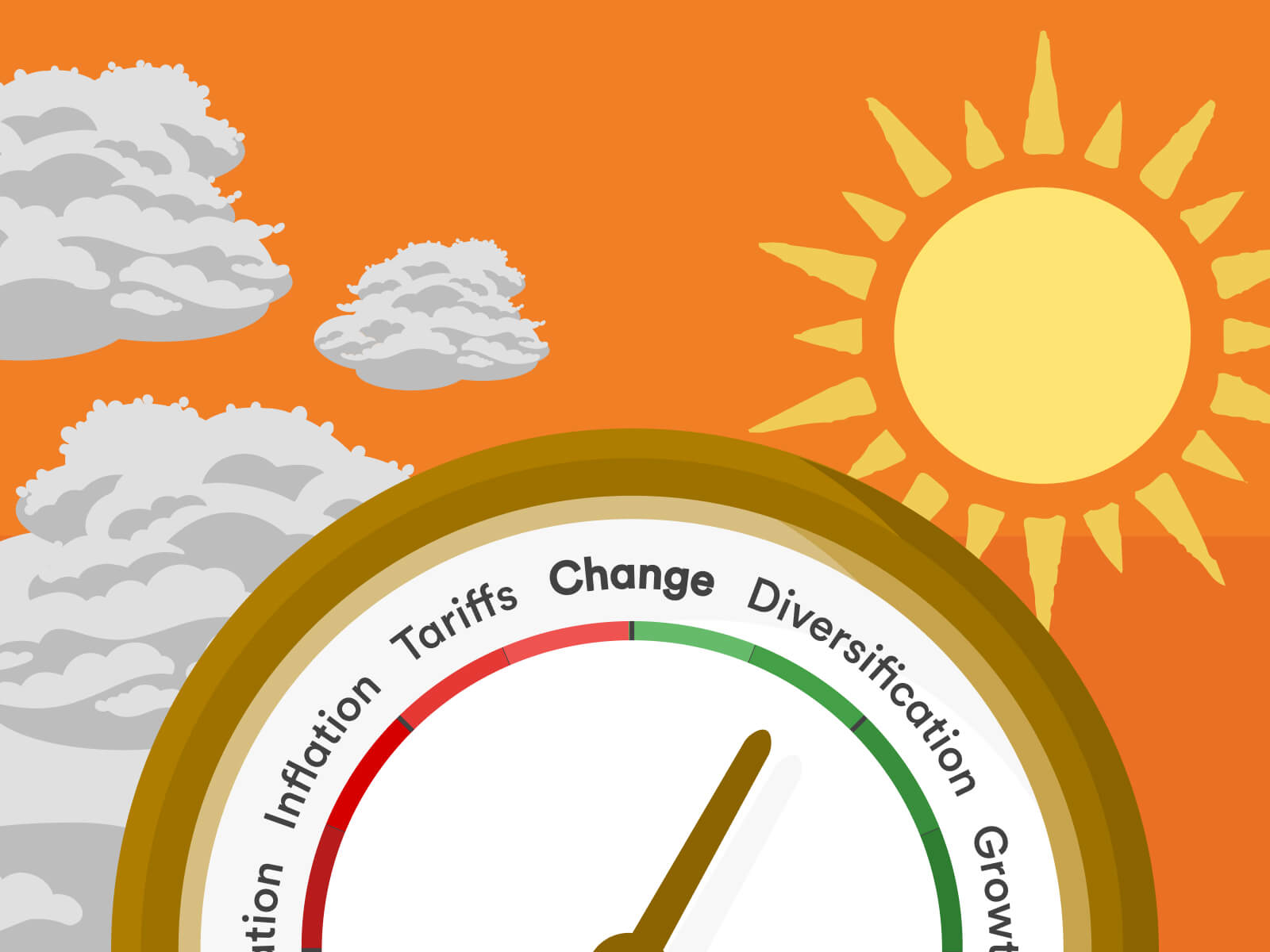Common investment mistakes
Here are some tips to help you navigate your wealth building from Louise Scott, Tangerine’s Director of Investment Products.
Don't overcomplicate things
Scott laments that the financial industry can overcomplicate the investing process. "Keep it simple. It's true there are so many layers of complexities. But start small and start early. I've never heard anyone in retirement say that they wished they had started investing later."
Don't wait to take the first step
"Today is a great day to prioritize your savings," says Scott. "You can set up automatic monthly investing and get started with an amount you're comfortable with. Don't discount this seemingly small first step. You'll be pleasantly surprised and maybe even shocked at how much you've built at the end of one or two years."
Is a Tax-Free Savings Account right for you?
Scott wants you to get excited about this tax shelter. "People should be enthusiastic about TFSAs, but they're often misunderstood and therefore, under and mistakenly used. Had the government taken the words ‘savings account' and replaced them with 'plan,' perhaps more Canadians would investigate their tax-free benefits."
Understand your goals
When you head out for a road trip, you might not think of doing so without a clear destination and opening your GPS app on your phone to help you get there.
"I see so many people failing to truly identify what their savings are for," says Scott. "If you're putting money in a TFSA for example, don't choose a risky mutual fund if you're saving for a vacation in the near term. On the flip side, if your money won't be needed until retirement, dig into your investments to make sure they're working for you if you have time on your side to weather the ups and downs in exchange for more possible growth."
Ignoring risk
As a veteran in the financial industry, Scott has seen her fair share of stock market ups and downs. "People always say this time is different. Regardless if it's a new high or a new crash, it's never different. There are always hiccups along the way, and you need to first understand the risk of your investments and second, find out ways to smooth out that risk. Long-term goals usually require long-term strategies and solutions. On the flip side, much can be said about the risk of not assuming risk over the long term. Too little risk can be a risk. A strategy like dollar cost averaging is a great approach to consider."
Not understanding the eggs in your baskets
You likely know the prudence of diversification or "not having all your eggs in one basket," but this concept is more essential to investing than you may realize. "It's vital that you have the right mix of assets for your goals," urges Scott.
Scott’s advice?
"Don't think you need to do it alone. Educate yourself. There are so many tools, calculators, and resources online. It's never too soon to start. And why not make today that day?"

